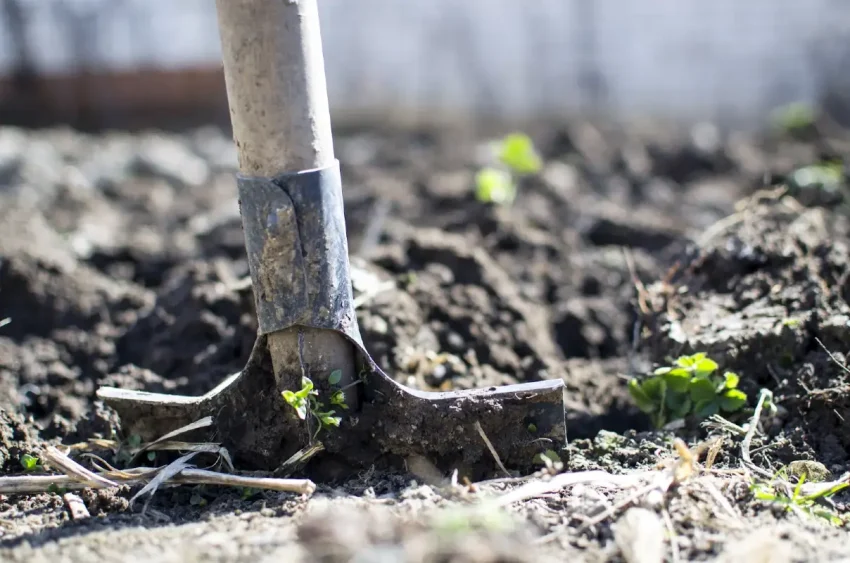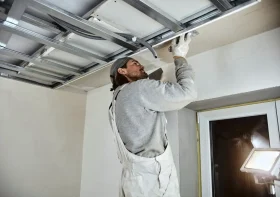What Every Homeowner Should Know About Septic Tank Maintenance

A septic system plays a key role in homes that are not connected to municipal sewage lines. For many homeowners, it’s easy to forget about the septic tank since it operates quietly underground. But neglecting it can lead to unpleasant and expensive consequences. Understanding how this system works and knowing how to care for it can help avoid costly repairs, protect property value, and keep your home running smoothly.
Proper septic maintenance isn’t just about avoiding disaster, it’s about making sure your entire household system stays efficient and reliable over time.
Contents
- 1 Know How Your Septic System Functions
- 2 Pumping Should Be Routine, Not Reactive
- 3 Professional Cleaning Protects Your Investment
- 4 Be Careful About What You Flush
- 5 Drain Fields Require Protection, Too
- 6 Watch for Warning Signs
- 7 Additives Are Not a Substitute for Maintenance
- 8 Water Conservation Supports Septic Health
Know How Your Septic System Functions
At its core, a septic system consists of a tank that separates solids from liquids and a drain field that filters and disperses the wastewater. As waste leaves your home, solids settle at the bottom of the tank, while lighter materials like grease float to the top. The remaining liquid flows out to the drain field where natural filtration occurs through the soil.
If solids aren’t pumped out regularly, they build up and can overflow into the drain field, clogging it and causing system failure. Understanding this basic flow helps homeowners grasp why regular pumping is necessary and how different household habits can impact the system’s performance.
Pumping Should Be Routine, Not Reactive
Waiting for a problem to arise before servicing your septic tank is a risky approach. Tanks should be pumped every three to five years, depending on household size, tank capacity, and usage habits. Homes with garbage disposals or frequent guests may require more frequent service.
Ignoring pumping schedules can result in backups, foul odors, and contamination of nearby water sources. It’s best to set a reminder or keep a record of your last service to stay on track. Routine pumping keeps sludge from reaching dangerous levels and ensures your system works as intended.
Professional Cleaning Protects Your Investment
While some homeowners might be tempted to attempt inspection themselves, proper septic care requires trained expertise and specialized equipment. Trying to handle it alone risks damaging pipes or missing early signs of failure.
Technicians can evaluate the tank’s condition, check for cracks or leaks, and confirm that filters and baffles are working correctly. For those in high-demand areas or urban-adjacent locations, such as South Florida, scheduling regular septic tank cleaning Miami professionals provide ensures that local regulations are met and the system operates efficiently.
These specialists are familiar with the soil types, seasonal impacts, and regional challenges that might affect septic function. Their knowledge allows them to provide better preventative care tailored to local conditions.
Be Careful About What You Flush
Everything that goes down your drains ends up in the septic system, so being mindful of what enters it can prevent damage. Products labeled as “flushable” can still contribute to clogs, especially wipes, sanitary items, and paper towels. These items break down much slower than toilet paper and can build up in the tank quickly.
Similarly, pouring grease, coffee grounds, or harsh chemicals down the sink can disrupt the bacterial balance in the tank. Healthy bacteria are needed to break down waste, and killing them off slows the system’s ability to process solids. Use strainers in sinks and tubs to catch debris, and dispose of non-degradable items in the trash instead.
Drain Fields Require Protection, Too
It’s not just the tank that needs attention. The drain field, which disperses treated wastewater, must remain clear to function properly. Parking cars or placing heavy items over the drain field can compact the soil and damage the pipes. Even planting trees or shrubs nearby poses risks since roots may grow into the pipes and block water flow.
Also, avoid directing roof drains, sump pumps, or surface water runoff toward the field. Excess water reduces the soil’s ability to absorb waste, potentially leading to flooding or surface pooling. Protecting this part of your system is as important as maintaining the tank itself.
Watch for Warning Signs
Catching issues early can save thousands in repairs. If you notice slow drains, gurgling pipes, sewage smells, or patches of greener grass above the drain field, these could all point to a developing problem. Don’t ignore these symptoms, they often mean the system is nearing capacity or has already started to fail.
Prompt attention can prevent full system failure and the need for replacement, which is far more expensive than regular service. When in doubt, call a professional to evaluate the situation before it becomes worse.
Additives Are Not a Substitute for Maintenance
There are many products marketed as septic system additives, promising to extend the life of your system or reduce the need for pumping. While some may help maintain bacterial levels, none are a replacement for routine cleaning and inspection. Relying solely on additives can give a false sense of security.
Good maintenance practices, like pumping, watching water usage, and avoiding harmful materials, do far more for your system’s health than any chemical treatment. Consider additives as a supplement rather than a solution.
Water Conservation Supports Septic Health
The more water your household uses, the harder your septic system has to work. High volumes of water can overwhelm the tank, especially if large amounts are used in a short period. This can prevent solids from settling properly and push untreated waste into the drain field.
Spreading out laundry loads, fixing leaky faucets, and installing low-flow toilets or showerheads are all effective ways to reduce water strain on the system. Small changes in daily habits contribute to a healthier, longer-lasting septic system.
Taking care of your septic system isn’t complicated, but it does require attention and commitment. Regular pumping, cautious usage, and professional inspections go a long way in preventing breakdowns. With a few smart habits and reliable service, your system can operate efficiently for decades, saving you stress, money, and unnecessary disruption.



